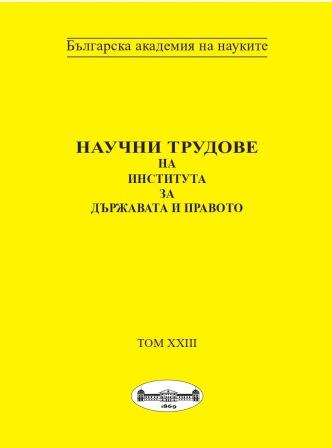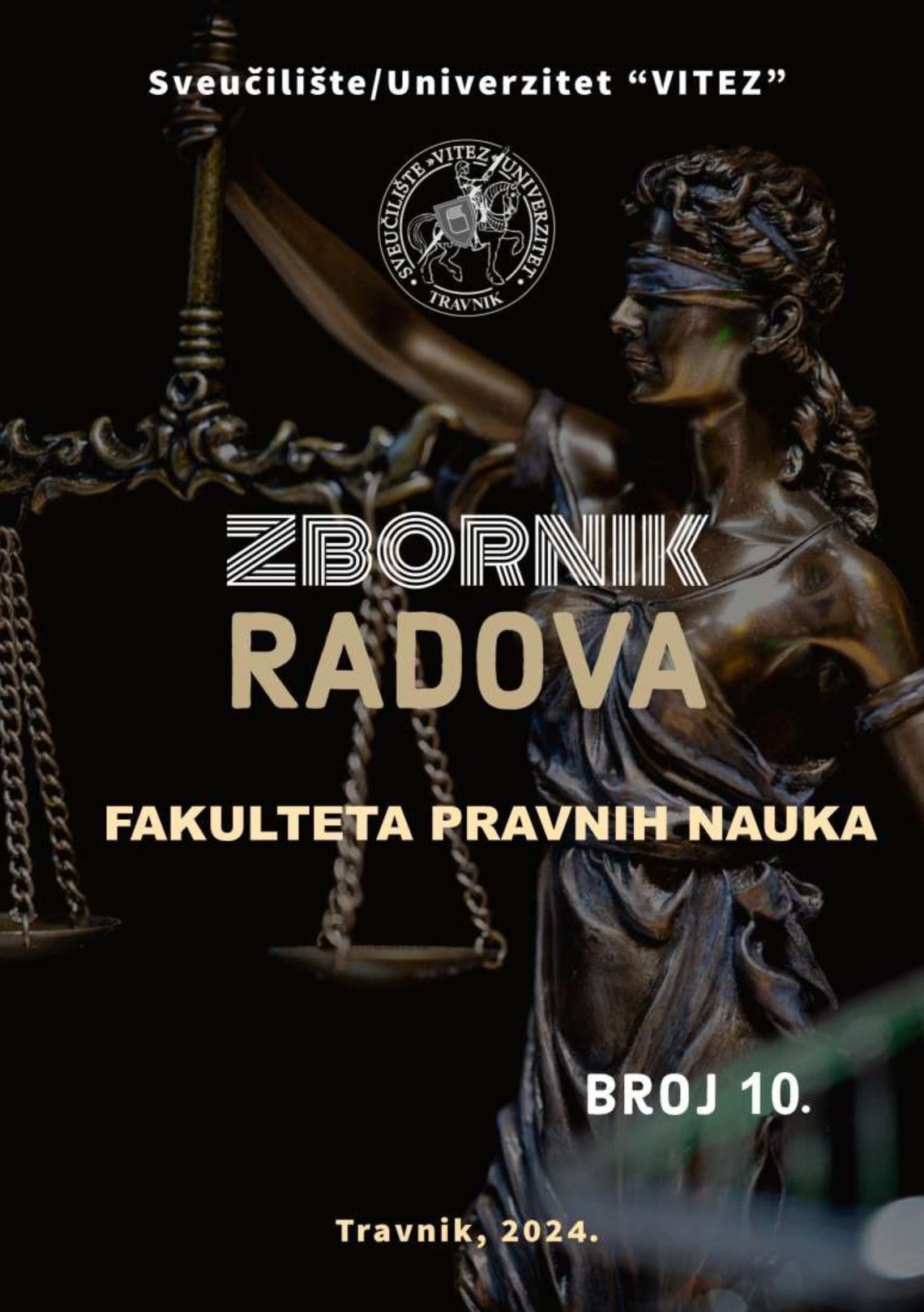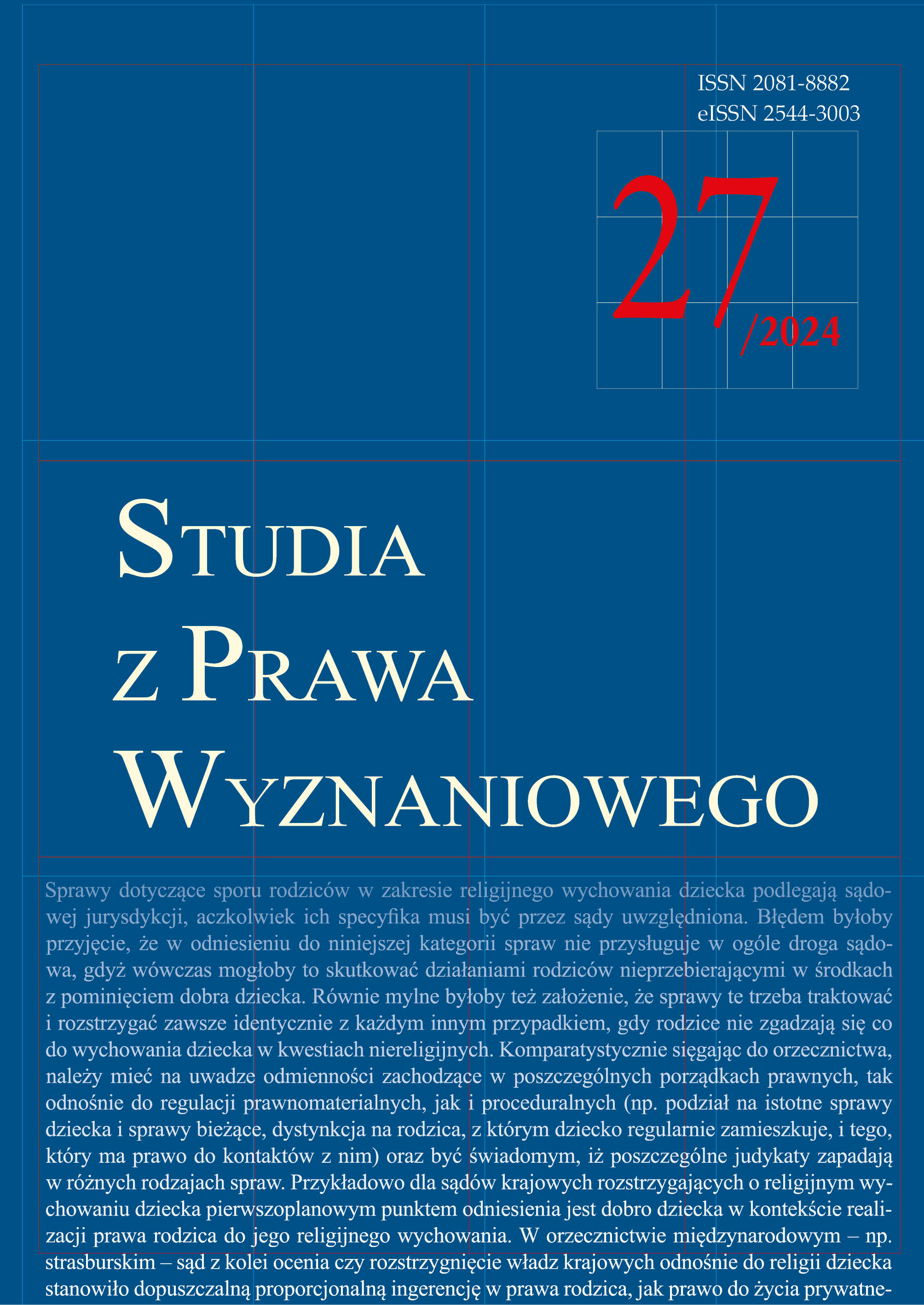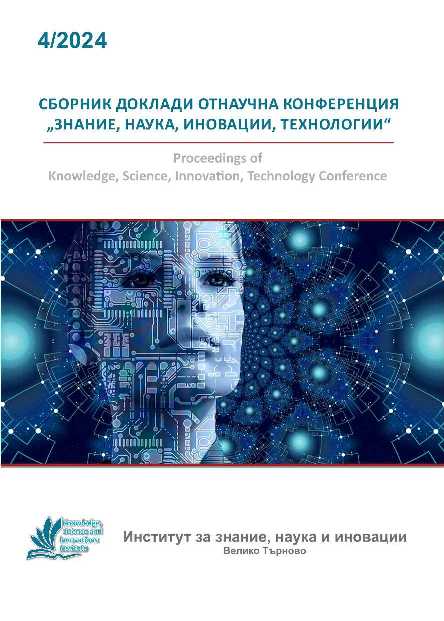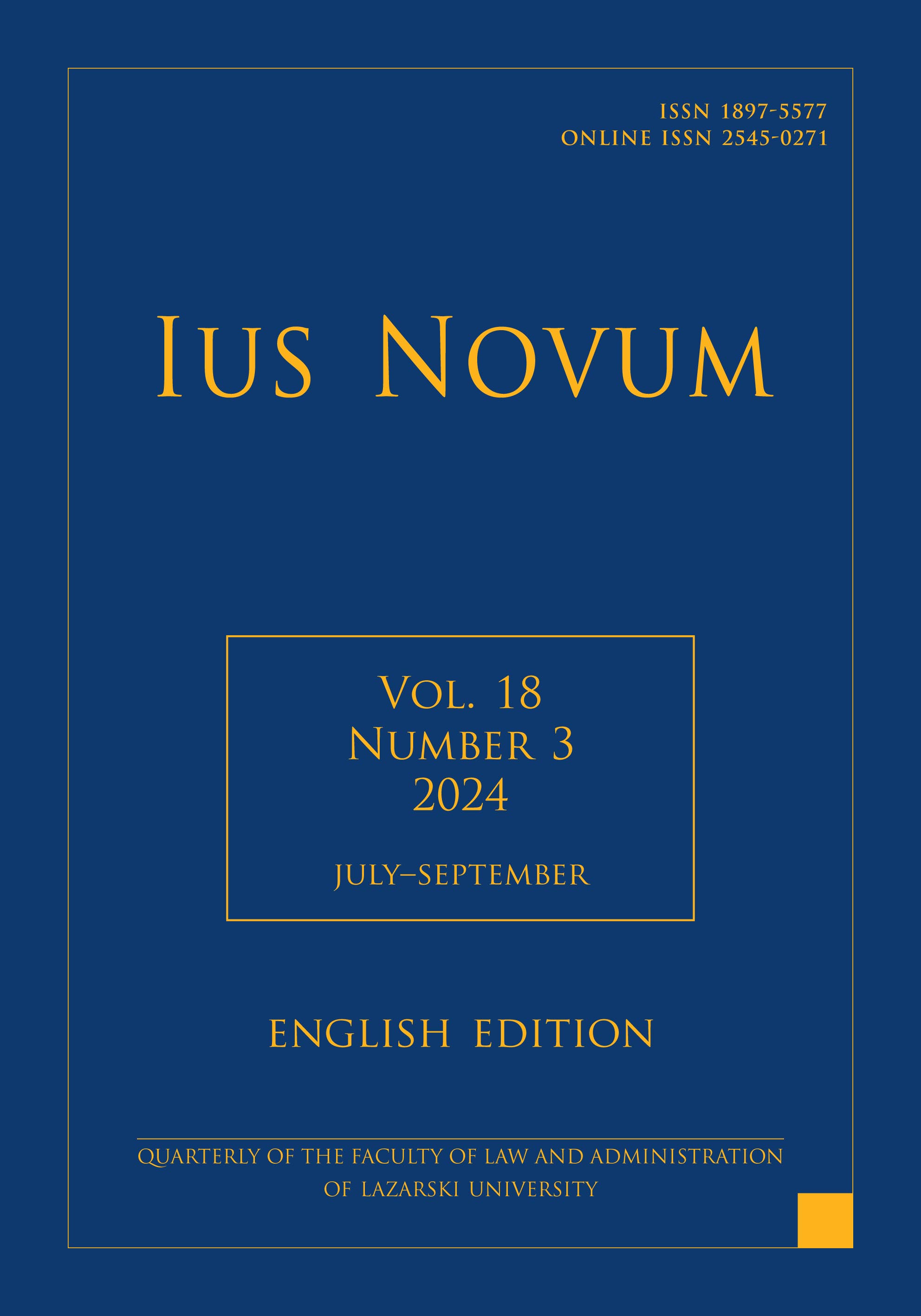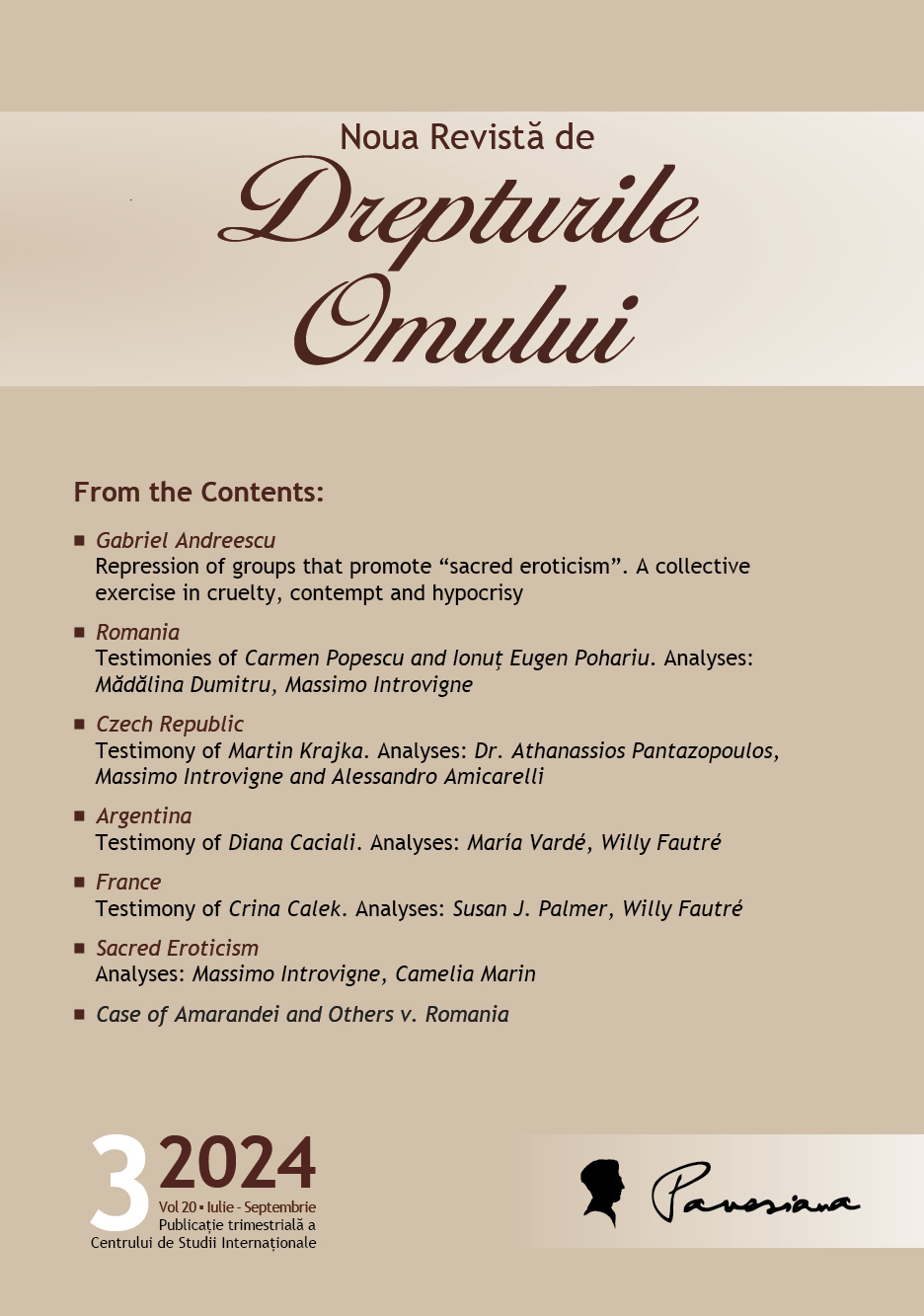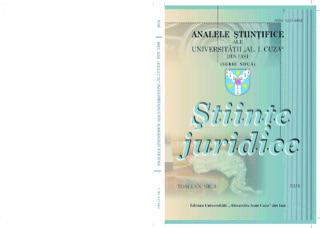
The Impact of CJEU Case Law on the National Rules of Alternative Tourism
The alternative tourism has a disturbing effect, mainly, on commercial competition between traditional tourism service providers and those from alternative tourism, on the taxation of income from alternative tourism, on the protection of service users. Many tourist cities are experiencing a housing crisis because of the homeowners opting for short-term rentals rather than long-term ones. Legislative responses do not usually go beyond the adoption of local rules requiring authorizations before providing such services. In the connected cases C724/18 and C727/18 (Cali Apartments, HX v. Procureur général près la cour d'appel de Paris, Ville de Paris), the CJEU had the opportunity to rule on whether the authorization of the alternative tourism services provision is compatible with EU legislation. It was determined that a national law establishing a regime that requires prior authorization for short-term rental activities, provided that the rules are justified by an imperative public interest, is not incompatible with the EU Services Directive (2006/123). By passing the Order of the Minister of Entrepreneurship and Tourism no. 510 of February 22, 2022, our national legislator took one step farther, adopting a national authorization system. According to this order, all persons offering short term rental services (including natural persons) are economic operators/professionals, who are required to get a classification certificate from the central public authority responsible in the field of tourism. The inclusion of the service provider in the category of professionals represents an approach that protects the general interest, respects the principles of fairness and nondiscrimination, and gives back to the consumer of such services the guarantee of his/her protection.
More...
